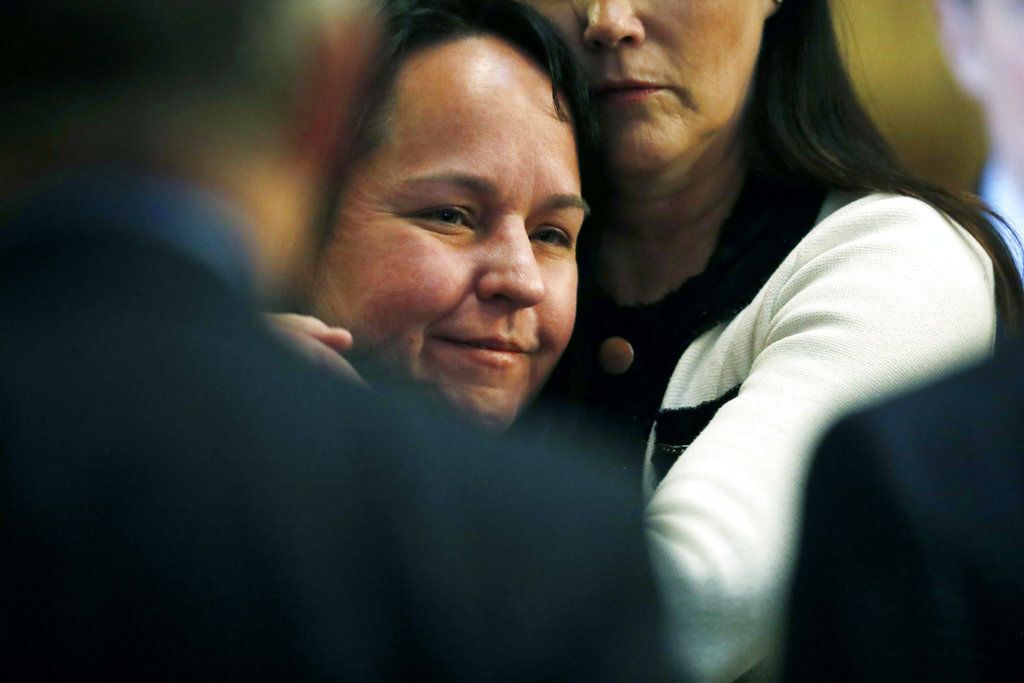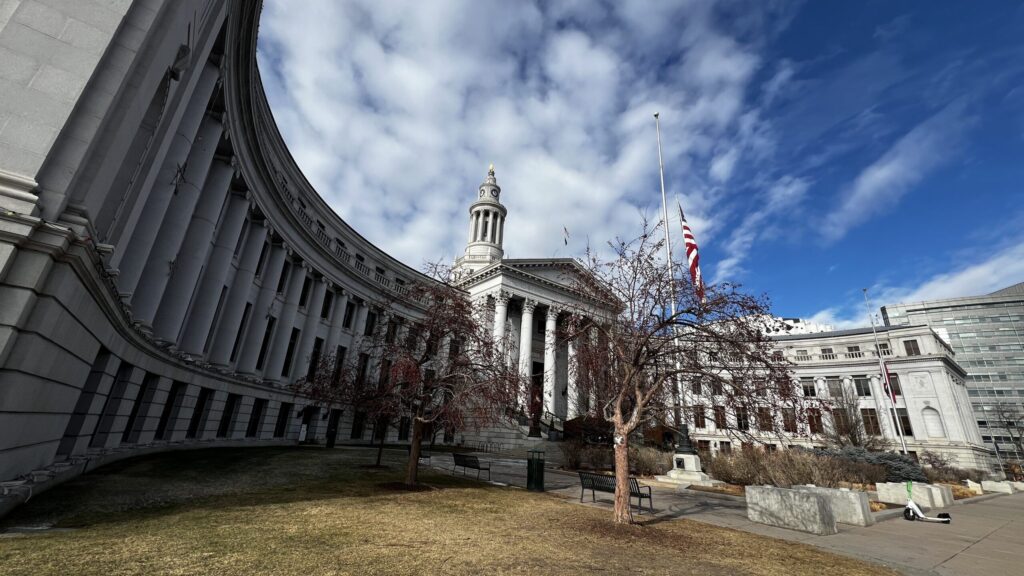Sen. Ray Scott tables big-game raffle for Colorado

A raffle to hunt iconic Colorado big-game species wasn’t lucky Tuesday afternoon. TSen. Ray Scott, R-Grand Junction, decided to pull his legislation and work with interest groups to bring back another proposal next year.
Scott’s Senate Bill 137 would create the Grand Slam Wildlife Hunting Raffle.
At the request of sportsmen’s groups, Scott proposed allowing people to buy a $50 raffle ticket – up to 25 tickets – to win a hunting license for 10 species: Shiras moose, Rocky Mountain elk, mule deer, white-tailed deer, Rocky Mountain bighorn sheep, desert bighorn sheep, Rocky Mountain goat, pronghorn antelope, black bear and mountain lion.
That was projected to raise $277,635 the first year and $305,535 the next. Half the windfall would have gone to groups involved in conservation or restoration, as well as hunter recruitment.
A half-dozen animal rights supporters showed up to testify against it Tuesday afternoon before the Senate Finance Committee.
Scott countered that the state already gives out 18 licenses annually for conservation groups to raise money, and the state’s Parks and Wildlife agency is already is funded with nearly $1 billion.
“I think people lose sight of that emotionally, because of their beliefs, which I totally respect their beliefs on what they feel about wildlife and hunting and fishing, in general,” Scott said.
Colorado Voters for Animals doesn’t favor hunting any animal for sport, so it definitely didn’t support Scott’s proposal.
“This is not about predator control or habitat protection, but instead a blood sport game designed to kill one of several of Colorado’s iconic wildlife for the sole purpose of checking off a box on the list of animals trophy hunters hope to kill,” said board member Lori Greenstone. “
Jennifer Best, assistant legal director of the Friends of Animals’ wildlife programs, noted that half the money raised by the raffle could go to non-government organizations that promote hunting. Organizations like hers don’t support hunting, and think people who want to kill trophy animals can already do so through the normal licensing methods.
“It was initially said that this would help habitat, but there’s nothing in the bill that requires any of the proceeds even goes to habitat,” she told the committee. “The non-hunters in Colorado deserve a seat at the table to discuss how to manage Colorado wildlife and not, as the bill does here, set up a committee of hunters to give money to more organizations to recruit more hunters.”
The Sierra Club and Humane Society of the United States also testified against the bill.
“This bill is harmful to Colorado’s mountain lions and black bears, as well as to Colorado’s wildlife watchers who wish to see these animals thrive in their natural spaces,” said the Human Society of the U.S.’s state director Aubyn Royall. “Holding raffles to kill large-bodied native carnivores is cruel and unnecessary, and it violates the state’s public trust duties to conserve and protect these wildlife on behalf of the people. This raffle is simply financially motivated.”
Denny Behrens, the state director of Big Game Forever, said managing wildlife in the state is already on the backs of sportsmen at a time when the number of hunters is falling nationwide.
He said the bill wasn’t designed to be a trophy hunt, but get sportsmen more involved in paying for conservation and bringing more people in to help. The money for non-governmental organizations would especially help rural organizations that can’t raise much money.
“But they do want to participate in recruitment,” he said. “They want to participation in some of the (conservation) activities, and the only way they’re able to do that is to get a grant.”














